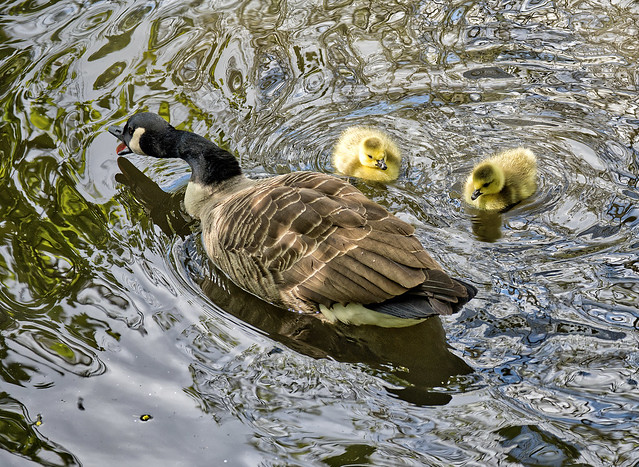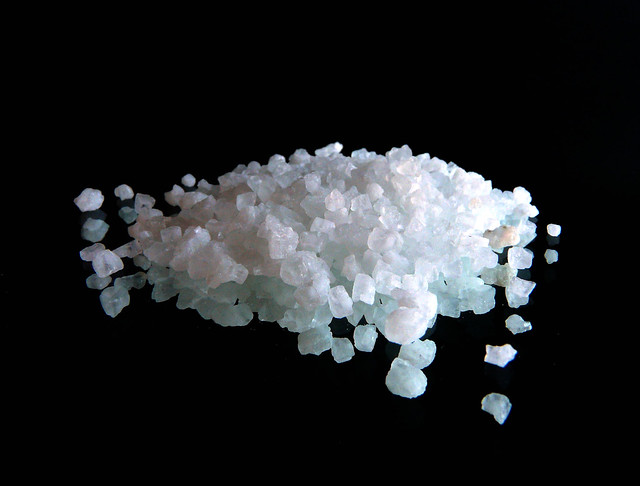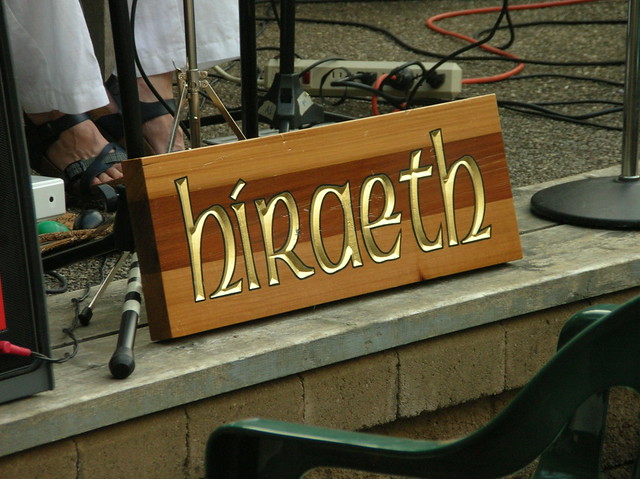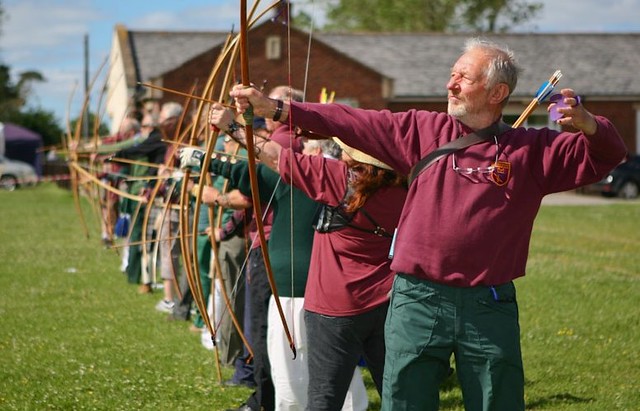Today we’re looking at the words for sister and related people in Celtic languages.
Words marked with a * are reconstructions.
| Proto-Celtic | *swesūr [ˈswe.suːr] = sister |
|---|---|
| Gaulish | suiorebe = sister |
| Old Irish (Goídelc) | siur = sister, kinswoman, female relation derbṡiur [ˈdʲerʲvʲ.fʲi.ur] = sister (by blood / in a religious community) sinserṡiur [ˈsʲinsʲerˌhi.ur] = elder sister |
| Middle Irish (Gaoidhealg) | siur = sister, kinswoman, female relation derbsiur = sister (by blood / in a religious community) |
| Irish (Gaeilge) | siúr [ʃuːɾˠ] = sister, kinswoman; Sister (member of a religious community); (nursing) sister deirfiúr = sister deirfiúr athar = paternal aunt deirfiúr máthar = maternal aunt deirfiúr céile = sister-in-law leathchúpla deirféar = twin sister iníon deirféar = brother’s son, niece mac deirféar = sister’s son, nephew deirféar = sisterly |
| Scottish Gaelic (Gàidhlig) | siùir [ʃuːrʲ] = sister (archaic) piuthar [pju.ə] = sister piùthrag [pjuːrag] = little sister, sis piutharail [pju.əral] = sisterly peathrachas [pɛrəxəs] = sisterhood, soroity piuthar-chèile = sister-in-law piuthar leth-aon = twin sister piuthar-altraim = foster-sister piuthar-athar = paternal aunt piuthar-màthar = maternal aunt |
| Manx (Gaelg) | shuyr [ʃuːr] = sister shayragh, shuyroil = sisterly shuyrys = sisterhood shuyr (v)ayrey = aunt shuyr gholtit = foster-sister shuyr lannoonagh = twin sister shuyr ‘sy leigh = sister-in-law |
| Proto-Brythonic | *hwehir = sister |
| Middle Welsh (Kymraec) | chwaer = sister |
| Welsh (Cymraeg) | chwaer [χwaːɨ̯r / χwai̯r] = sister, half-sister, female mate or partner; maiden, sweetheart, mistress; nun, sister (in hospital) chwaer efell = twin sister chwaer faeth = foster sister chwaer fedydd = god-sister chwaer yng nghyfraith = sister-in-law hanner chwaer = half-sister, step-sister chwaerol = sisterly chwaeroliaeth = sisterhood |
| Old Cornish | huir = sister |
| Middle Cornish (Cernewec) | hoer, huir, wuir, hôr = sister |
| Cornish (Kernwek) | hwor = sister hanter-hwor = half-sister |
| Old Breton | guoer = sister |
| Middle Breton | hoar, choar = sister (female sibling, nun) |
| Breton (Brezhoneg) | c’hoar = sister c’hoarig = sis, little sister; twin sister c’hoarelezh = sisterhood c’hoar-gaer, c’hoareg = sister-in-law, stepsister |
Etymology from the Proto-Indo-European *swésōr (sister) [source]. Words for sister in many Indo-European languages come from the same roots [source].
Here’s a traditional Scottish Gaelic song about sisters – A’ phiuthrag ’sa phiuthar
Sources: Wiktionary, Am Faclair Beag, Online Manx Dictionary, Teanglann.ie, eDIL – Electronic Dictionary of the Irish Language, In Dúil Bélrai English – Old Irish glossary, Geiriadur Prifysgol Cymru, Gerlyver Kernewek, Lexicon Cornu-britannicum: A Dictionary of the Ancient Celtic Language of Cornwall, Dictionaire Favereau, TermOfis, Le dictionnaire diachronique du breton, Etymological Dictionary Of Proto Celtic












